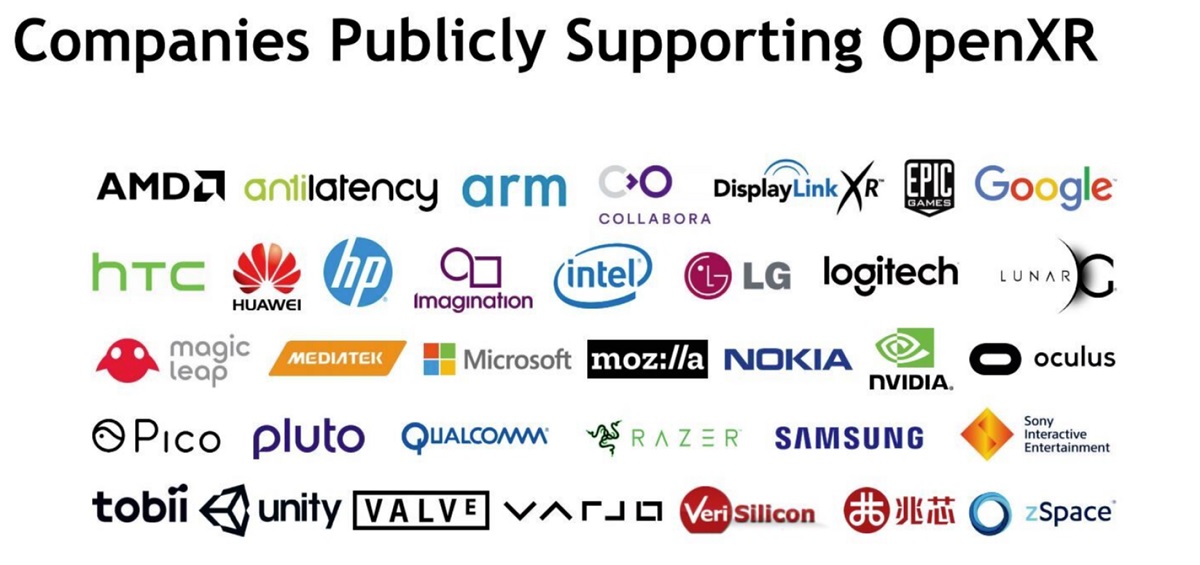The Khronos Group has announced the ratification and public release of the OpenXR 0.90 provisional specification for royalty-free standards related to augmented reality (AR) and virtual reality VR devices, collectively known as XR.
This means that software makers will know how to make software that runs quickly and efficiently on various kinds of VR and AR hardware. The Khronos Group released the specification at the start of the 2019 Game Developers Conference in San Francisco today.

Unlock premium content and VIP community perks with GB M A X!
Join now to enjoy our free and premium membership perks.
![]()

![]()